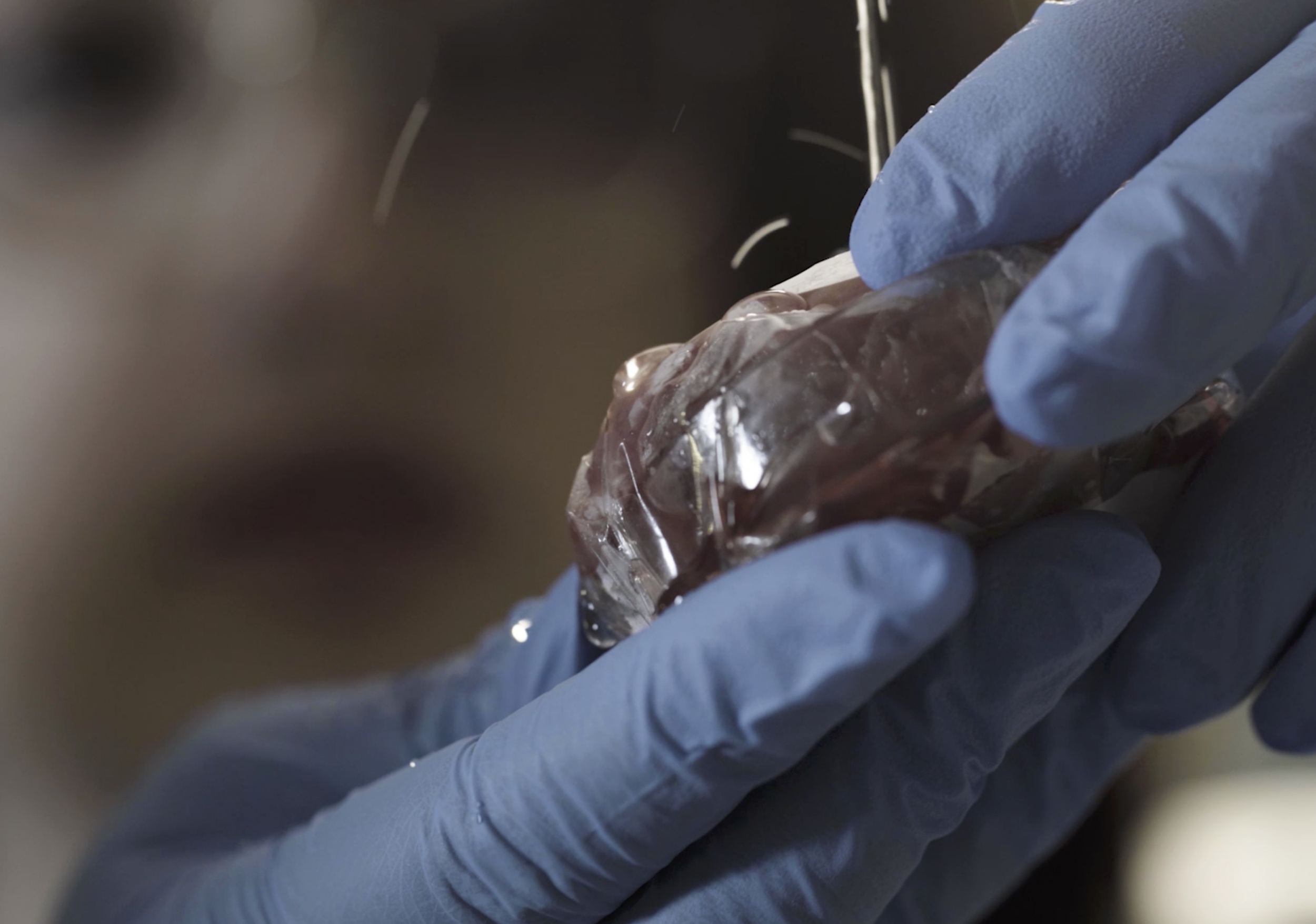Breakthrough self-cleaning plastic repels all forms of bacteria including MRSA, scientists say
Transparent wrap could be used to cover essential apparatus in hospitals and even kitchens to prevent spread of life-threatening pathogens

A breakthrough self-cleaning plastic surface that repels all forms of bacteria, including superbugs like MRSA, could help prevent the transfer of dangerous microbes in settings ranging from hospitals to kitchens.
The new plastic surface – a treated form of conventional transparent wrap – can be shrink-wrapped onto door handles, railings, intravenous stands and other surfaces known to be magnets for bacteria such as MRSA and C. difficile.
The treated material is also ideal for food packaging, the researchers said, where it could be used to help stop the accidental transfer of bacteria such as E. coli, salmonella and listeria from raw chicken, meat and other foods.
The research, by academics at McMaster University, Canada, was inspired by the water-repelling leaves of the lotus plant.
The surface is textured with microscopic wrinkles that exclude all external molecules. A drop of water or blood, for example, simply bounces away when it lands on the surface. The same is true for bacteria.
One of the lead engineers on the project, Leyla Soleymani, said: “We’re structurally tuning that plastic. This material gives us something that can be applied to all kinds of things.”
The surface is also treated chemically to further enhance its repellent properties, resulting in a barrier that is flexible, durable and inexpensive to reproduce.
Tohid Didar, co-lead on the project, said: “We can see this technology being used in all kinds of institutional and domestic settings.
“As the world confronts the crisis of anti-microbial resistance, we hope it will become an important part of the anti-bacterial toolbox.”
The researchers tested the material using two of the most troubling forms of antibiotic-resistant bacteria: MRSA and Pseudomonas, with the collaboration of Eric Brown of McMaster’s Institute for Infectious Disease Research.
The team verified the effectiveness of the surface by capturing electron microscope images showing virtually no bacteria could transfer to the new surface.
The researchers are now aiming to develop commercial applications for the wrap.
Join our commenting forum
Join thought-provoking conversations, follow other Independent readers and see their replies
Comments
Bookmark popover
Removed from bookmarks